
Paul Brand 10am - 12pm
16 January 2023, 08:59
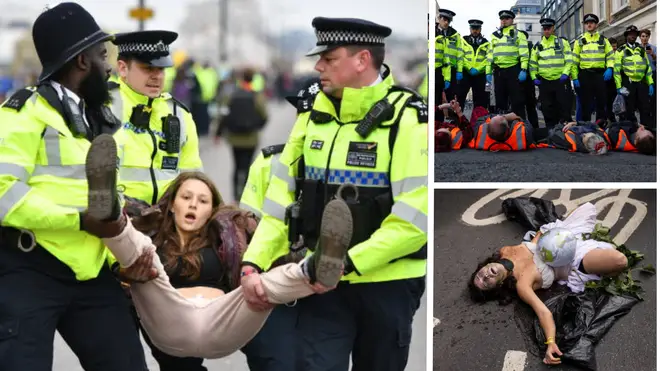
Environmental activists like Just Stop Oil could be stopped in their tracks by new police powers that would let officers stop protests before they become too disruptive.
Prime Minister Rishi Sunak said that the plans would help police stop a minority of protesters who block roads and march slowly in front of traffic.
Activists Just Stop Oil caused misery to millions by bringing the M25 to a standstill several times late last year, and told LBC they plan to continue in 2023.
Others, like Extinction Rebellion and Insulate Britain, have also caused chaos by blocking roads and gluing themselves to the tarmac on several occasions in recent years.
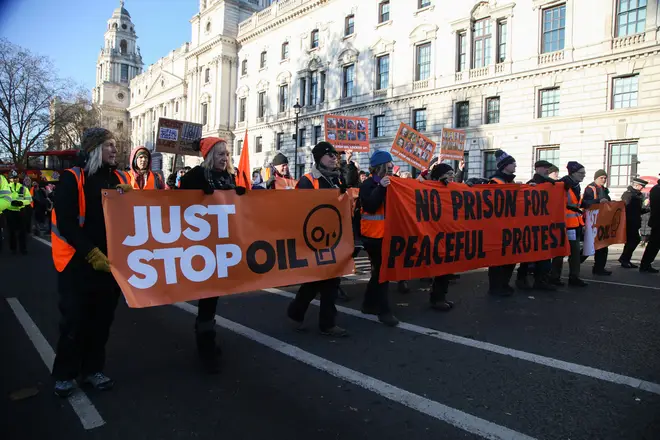
Officers have been criticised for being slow to remove the protesters, but Met commissioner Sir Mark Rowley said officers were being drawn into "complex legal arguments about the balance between that right to protest and the rights of others to go about their daily lives free from serious disruption."
Civil rights group Liberty said the new powers, which are being introduced as an amendment to the public order bill, were an attack on the right to protest.

Caller: Despite the 'mythical ambulances' being held up, people have the 'right' to protest
Rishi Sunak said: "The right to protest is a fundamental principle of our democracy, but this is not absolute. A balance must be struck between the rights of individuals and the rights of the hard-working majority to go about their day-to-day business.
"We cannot have protests conducted by a small minority disrupting the lives of the ordinary public. It's not acceptable and we're going to bring it to an end."
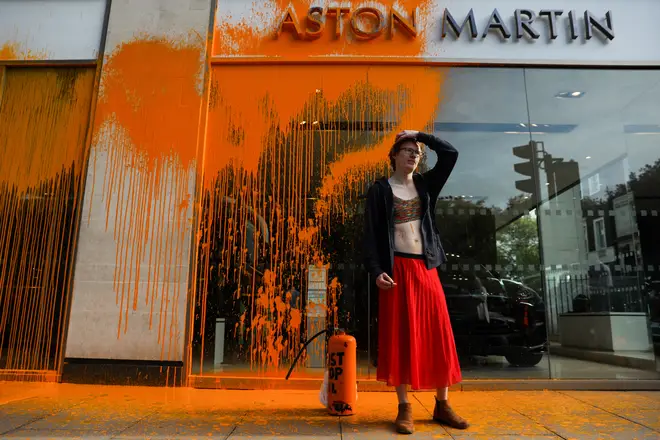
Chief Constable BJ Harrington, the National Police Chiefs' Council lead for public order and public safety, said: "This will support officers in confidently and quickly taking action and making arrests where appropriate.
"Policing is not anti-protest, but there is a difference between protest and criminal activism, and we are committed to responding quickly and effectively to activists who deliberately disrupt people's lives through dangerous, reckless, and criminal acts."
But Martha Spurrier, director of Liberty, called the plans "a desperate attempt to shut down any route for ordinary people to make their voices heard".
She added: "Allowing the police to shut down protests before any disruption has taken place simply on the off-chance that it might sets a dangerous precedent, not to mention making the job of officers policing protests much more complex," she said.
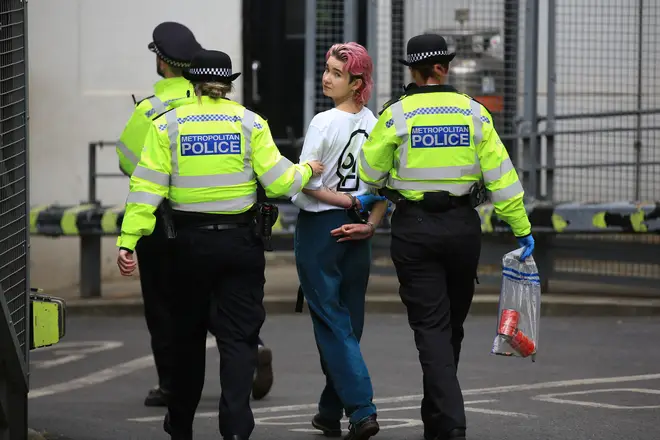
Labour's shadow minister for policing, Sarah Jones, said: "The police have powers to deal with dangerous, disruptive protests and Labour backs them to use those powers.
"But the prime minister has spent more time talking about protest than he has the epidemic of violence against women and girls or his government's shameful record prosecuting criminals."
Just Stop Oil said the proposal was "a sinister and authoritarian attempt to undermine the basic human rights that underpin our democracy".
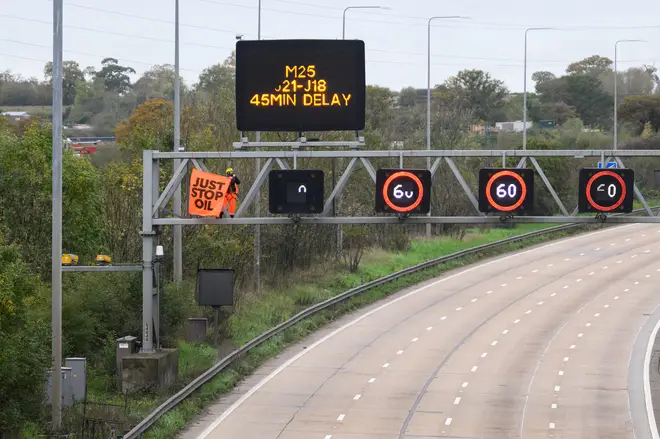
The amendment is set to be introduced on Monday. It builds on the controversial Police, Crime, Sentencing and Courts Act, which was passed last year.
That gave the police the power to arrest people if they could show that protests were causing "serious public disorder, serious damage to property or serious disruption to the life of the community".
The new plans would give officers more clarity on when they can intervene, and broadens the definition of when a protest is disruptive.